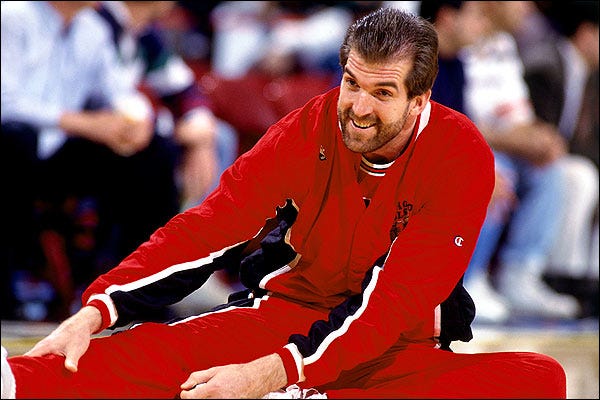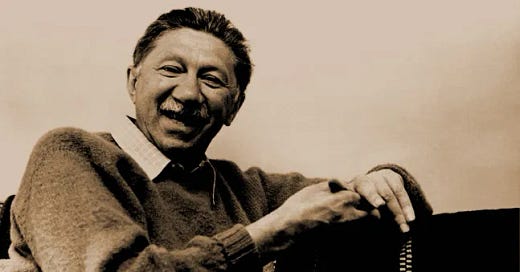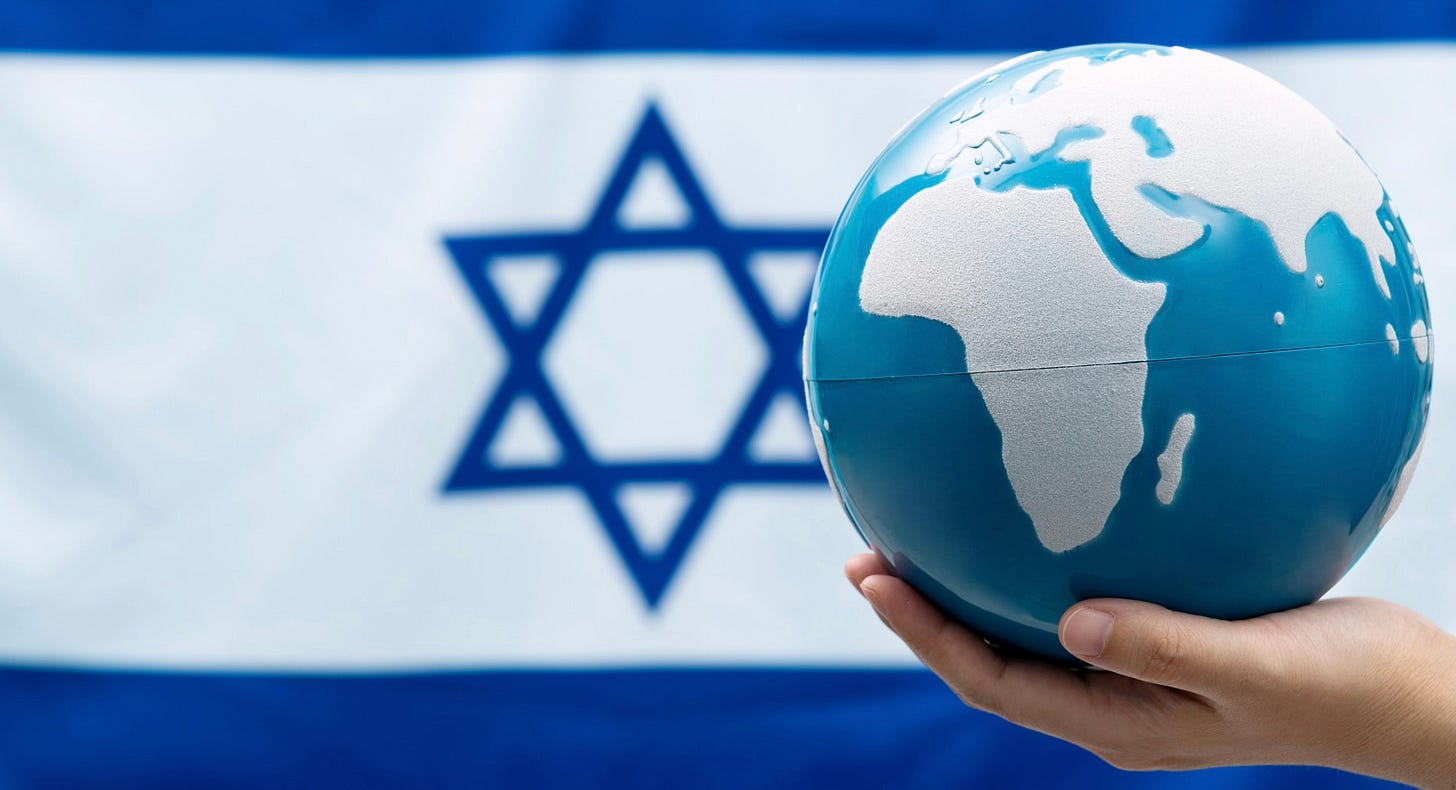The Power of the 'Postmortem Life'
How newfound appreciation for the gift of time can transform the way we spend it
By Michael S. Lewis, M.D.

On June 8, 1970, my mentor at Brandeis University, Abraham Maslow, collapsed and died suddenly from a massive heart attack. He’d had a cardiac event nineteen months earlier and knew that his risk of another heart attack was considerable.
Earlier that year, in an interview published in Psychology Today, Maslow expressed gratitude for the time he had been given:
“My attitude toward life changed. The word I use for it now is ‘postmortem life.’ I could just as easily have died, so my living constitutes a kind of extra — a bonus… I may just as well live as if I had already died…every single moment of every single day is transformed.”
On September 8, 1994, Chicago Bulls basketball player Bill Wennington was booked to travel on flight #427 — but he didn’t make the flight. The plane crashed in Pittsburgh, killing all 132 people on board.
Wennington told me this when I was working as an orthopedic consultant to the Bulls. I will never forget the way he described how the experience had transformed him: He developed more humility, put even more energy into being a better husband, father, and teammate, devoted more time to his charities, and became less bent out of shape by the “small stuff.”

My own brush-with-death experience was brief and much less dramatic, but at the time it felt devastating. Approximately ten years ago, I developed stomach pains. An initial test suggested cancer of the pancreas. An acquaintance of mine who was my age had recently died a painful death from the same disease.
Suddenly, it felt like the angel of death was resting, not so gently, on my shoulder. I was terrified. I thought about my family and friends whom I would never see again. Fortunately, subsequent tests ruled out any serious pathology.
The experience was a wakeup call. Having been granted a reprieve, never again would I see each day as anything but a great gift. I promised myself that from that day forward, I would be a loving presence in each and every moment.
Fortunately, it’s not necessary to have a near death experience to spend our time more wisely by serving others, finding new things to be grateful for each day, finding the divine spark in each person, performing frequent acts of kindness without expecting anything in return, appreciating small pleasures and holding onto joyful experiences.
As we get older, it is impossible not to be more deeply aware of the fragility of life. We know our time is limited, so we spend it more wisely. We want to acquire as much wisdom as possible and share it. Which is why in my recent book, GETTING WISER: 101 Essential Life Lessons and Inspiring Teachers, I asked 101 remarkable people what life lesson they would wish to pass on to the next generation.
Thirteenth century Persian poet Rumi stated: “Travelers, it is late. Life’s sun is going to set. During these brief days that you have the strength, be quick and spare no effort of your wings."
Each day we need to be acutely aware of the joy of being alive – to think, to create, to serve, and to love.
Michael S. Lewis, M.D. is a former Orthopedic Surgeon to the Chicago Bulls and White Sox, and the author of GETTING WISER: 101 Essential Life Lessons and Inspiring Teachers.
If you like what you see at JEWDICIOUS, please SHARE our stuff with family and friends — subscriptions are FREE until the end of 2023!
From unpacking history and politics to navigating the nuances of family and personal relationships to finding the human angle on sports and entertainment — plus our unsparing take on what’s happening in the Jewish world — the canvas at JEWDICIOUS is limitless! JOIN US!!





Appreciate this perspective so much. My husband survived stage 4 cancer last year (one year in remission) and I often think about his 2nd chance life today. Powerful. Somewhat akin to astronauts feeling different about the world (and geopolitics) when they see the planet from afar. Perspective.